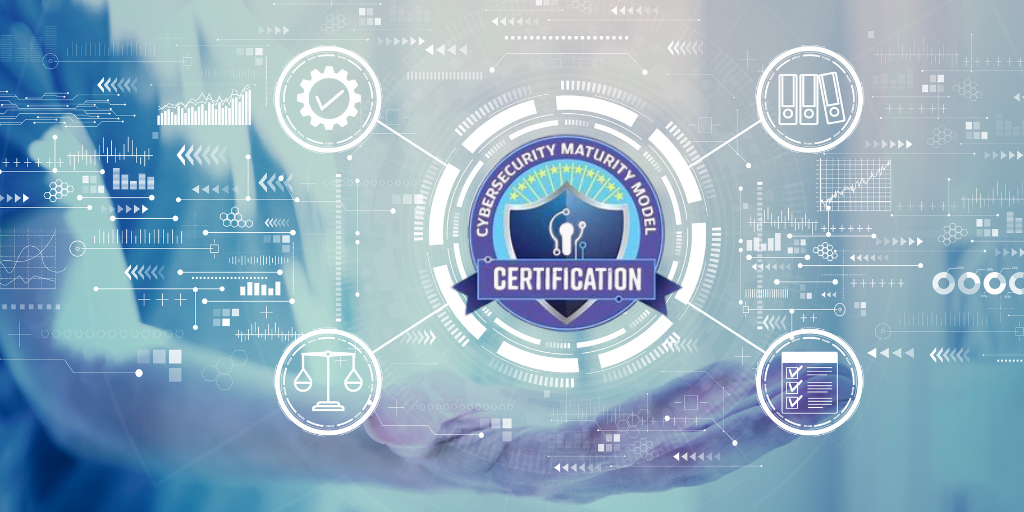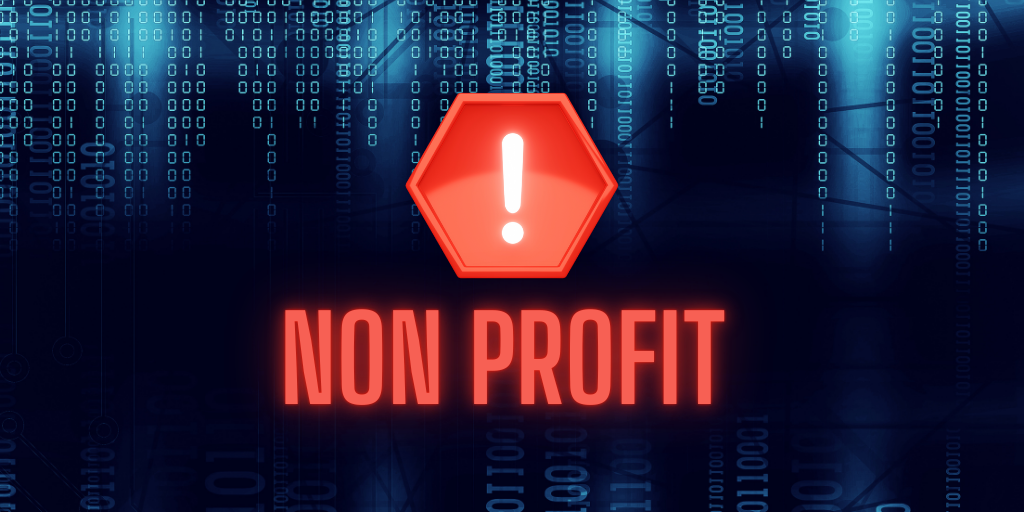Addressing CMMC Compliance Gaps for Small Businesses
Navigating the complex landscape of CMMC compliance can be a daunting task for small businesses, but with the right strategies, achieving and...
2 min read
.jpeg) Michael Markulec
:
Dec 12, 2023 2:08:23 PM
Michael Markulec
:
Dec 12, 2023 2:08:23 PM

Privileged Access Management (PAM) is reserved for large corporations with expansive digital infrastructures. Still, its significance is just as profound for Small and Medium-Sized Businesses (SMBs). Any business that houses privileged systems and accounts must acknowledge the critical need for a robust PAM solution regardless of its size. The absence of such protective measures leaves companies vulnerable to cyber-attacks that can lead to severe financial losses and irreparable damage to their reputation.
At its core, Privileged Access Management revolves around safeguarding and managing access to crucial systems and accounts, such as payroll systems and IT admin accounts. These privileged gateways, if breached, could wreak havoc on a business, potentially exposing sensitive customer and employee Personally Identifiable Information (PII). PAM protects against unauthorized access, misuse, and data theft from these vital accounts and systems. Without it, businesses lack the necessary tools to secure and manage access, exposing them to cyber threats.
The significance of PAM for businesses, irrespective of their scale, lies in its ability to thwart multiple types of cyber threats:
Firstly, PAM solutions offer robust password management, mitigating the risks associated with credential theft. Additionally, Multi-Factor Authentication (MFA) further fortifies security, ensuring that even compromised passwords aren't a gateway for unauthorized access. Secondly, these solutions enforce timed privilege access, restricting access to privileged accounts to only authorized personnel for the required duration. Session recording capabilities empower businesses to identify and act upon suspicious activities swiftly. Furthermore, PAM serves as a barricade against malware infections. Limiting access to privileged accounts and employing timed access significantly reduce the likelihood of malware infiltration, safeguarding sensitive data.
For SMBs, the benefits of PAM extend far beyond conventional security measures:
PAM simplifies compliance with industry regulations, ensuring adherence to frameworks like PCI DSS, HIPAA, FDDC, FISMA, and SOX. It plays a pivotal role in satisfying cyber insurance requirements, elevating a business's security posture, and ensuring adequate coverage during a cyber-attack. Moreover, PAM solutions actively reduce a business's attack surface, minimizing potential entry points for threat actors and enhancing overall security. An often overlooked aspect of PAM is its contribution to productivity. Password management streamlines access, eliminating the need for manual password creation and reducing IT help desk requests for password resets. Lastly, the financial aspect must be considered. The aftermath of a data breach can be financially catastrophic for SMBs, potentially leading to closure. Investing in a PAM solution is significantly less costly than dealing with the repercussions of a breach, making it a sound investment in long-term security and financial stability.
In conclusion, for SMBs aiming to fortify their digital fortress, embracing a tailored PAM solution isn't just a prudent choice; it's an imperative step toward securing their sensitive data and ensuring long-term business viability in an increasingly volatile digital landscape.

Navigating the complex landscape of CMMC compliance can be a daunting task for small businesses, but with the right strategies, achieving and...

In an increasingly digital world, non-profits are prime targets for cyber threats. You can just discover how a Virtual CISO can protect your...

Small businesses must prioritize secure messaging to protect sensitive information and maintain customer trust.